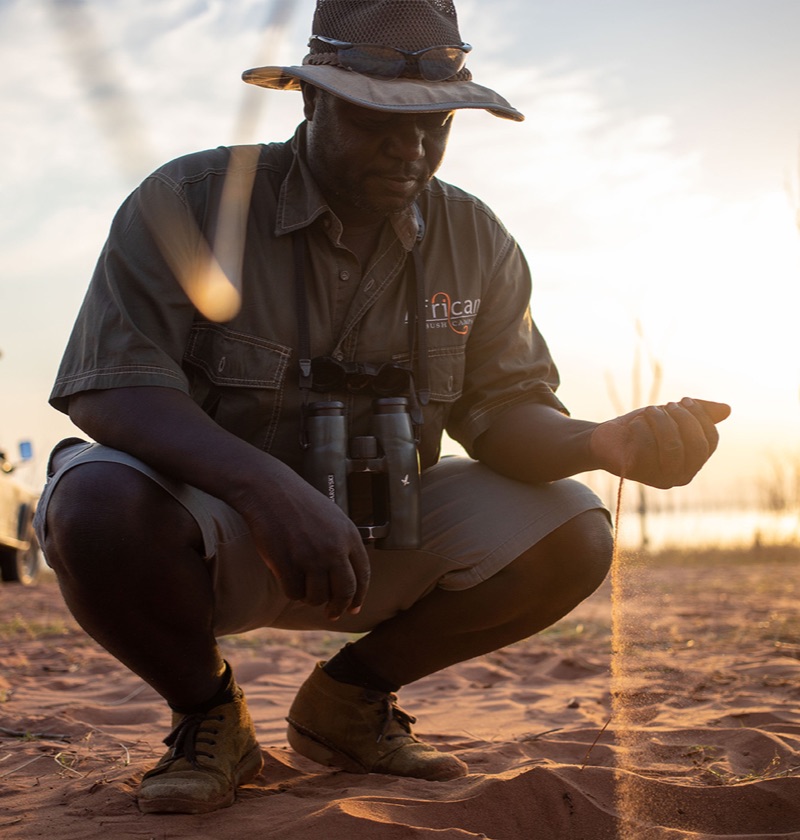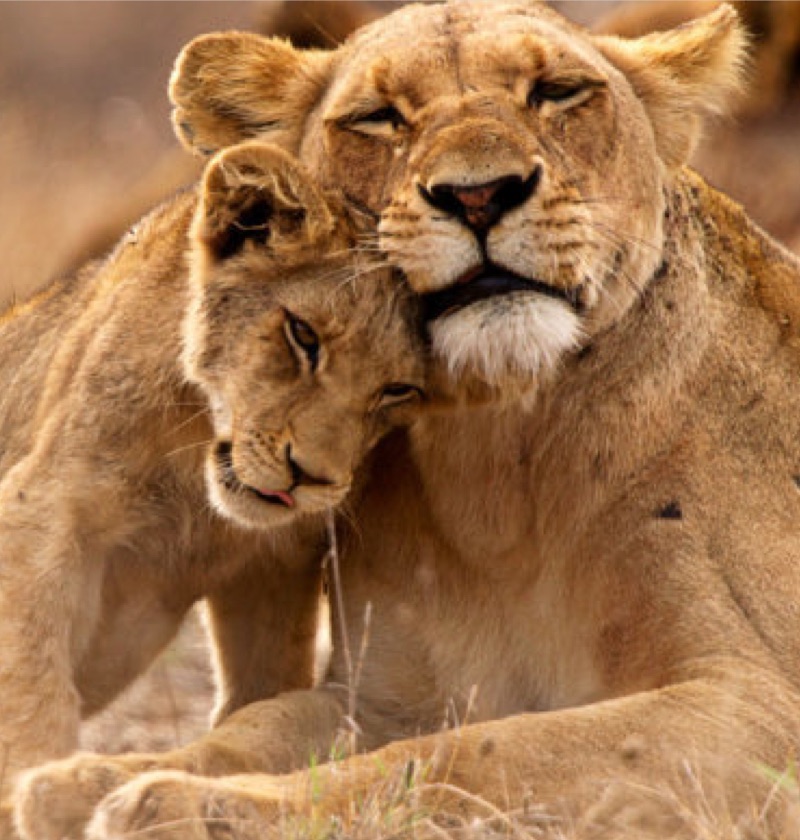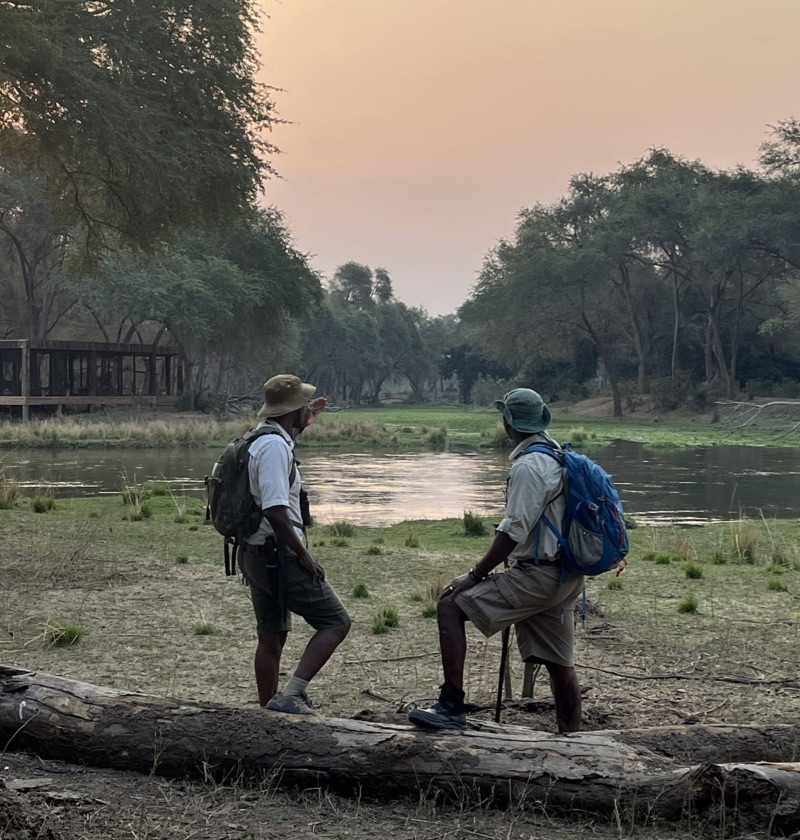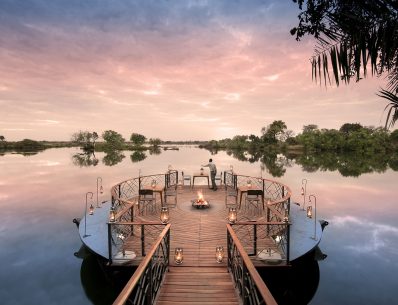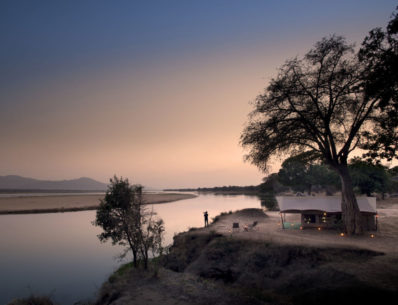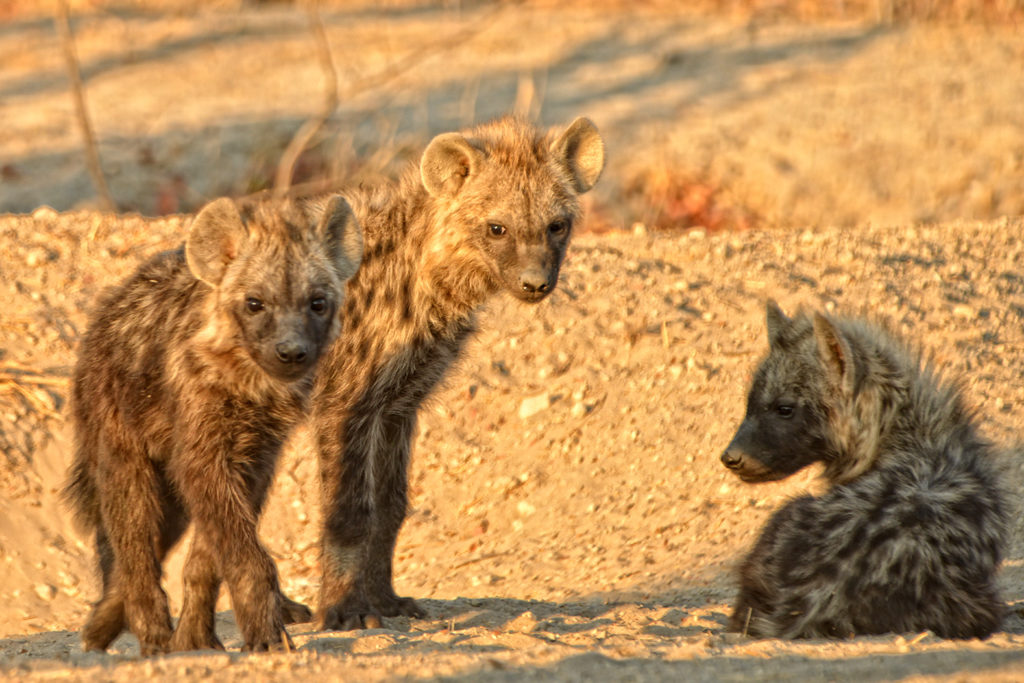There are several things you need to consider when planning for a safari, including the best time to go, your destination, the type of safari, necessary vaccinations, packing the right gear, understanding local culture and customs, respecting wildlife and the environment, and having travel insurance. Proper planning ensures a safe and enjoyable experience, and allows you to fully appreciate the natural beauty and wildlife of Africa.
Here is a comprehensive guide to help you plan for your safari:
Choose the right time to go
The best time to go on a African safari tour depends on your specific interests, budget and availability. Generally, the dry season is the best time for wildlife viewing as animals tend to congregate around water sources, but it can also be more crowded and expensive. The wet season is less crowded, with lush green landscapes, and is ideal for bird watching.
Decide on Your Destination
Africa is a vast continent with many different countries and regions to explore. Popular safari destinations include South Africa, Zambia, Botswana and Zimbabwe.

Each destination offers a unique experience, so it’s important to research and choose one that aligns with your interests and budget. Discuss your budget, preference and expectations with one of our African safari specialist to customise your itinerary.
Choose Your Type of Safari
There are different types of safaris, including guided group tours, self-drive safaris, mobile camping safaris, and luxury lodges. Each type has its advantages and disadvantages, so consider your budget, comfort level, and preferred level of adventure before making a decision.
Some safaris include:
- Guided group tours: These safaris are led by experienced guides and usually involve a group of people traveling together in a 4×4 vehicle or a larger bus. They are popular with first-time visitors and those who want to maximize their chances of seeing wildlife.
- Mobile camping safaris: These safaris involve moving from one location to another and setting up a temporary camp. They are ideal for those who want a more adventurous safari experience and the chance to explore remote areas.
- Luxury lodge safaris: These safaris offer the ultimate in comfort and luxury, with accommodation in high-end lodges or tented camps. They are ideal for those who want a luxurious and comfortable safari experience.
- Walking safaris: These safaris involve walking through the wilderness with an experienced guide. They offer a unique perspective on the wildlife and are ideal for those who want a more immersive and active safari experience.
- Canoe safaris: These safaris involve canoeing down rivers or lakes, providing a different perspective on the wildlife and environment. They are ideal for those who want a more active and adventurous safari experience.
- Horseback safaris: These safaris involve riding horses through the wilderness, providing a unique way to explore the landscape and wildlife. They are ideal for experienced riders who want a more active and immersive safari experience.
Overall, the type of safari you choose depends on your preferences, budget, and level of adventure.
Get Your Vaccinations
Consult your doctor or a travel clinic for advice on the necessary vaccinations and medications required for your chosen destination. This may include yellow fever, hepatitis A and B, typhoid, malaria, and others. It’s also a good idea to carry a first-aid kit and any necessary prescription medication.
